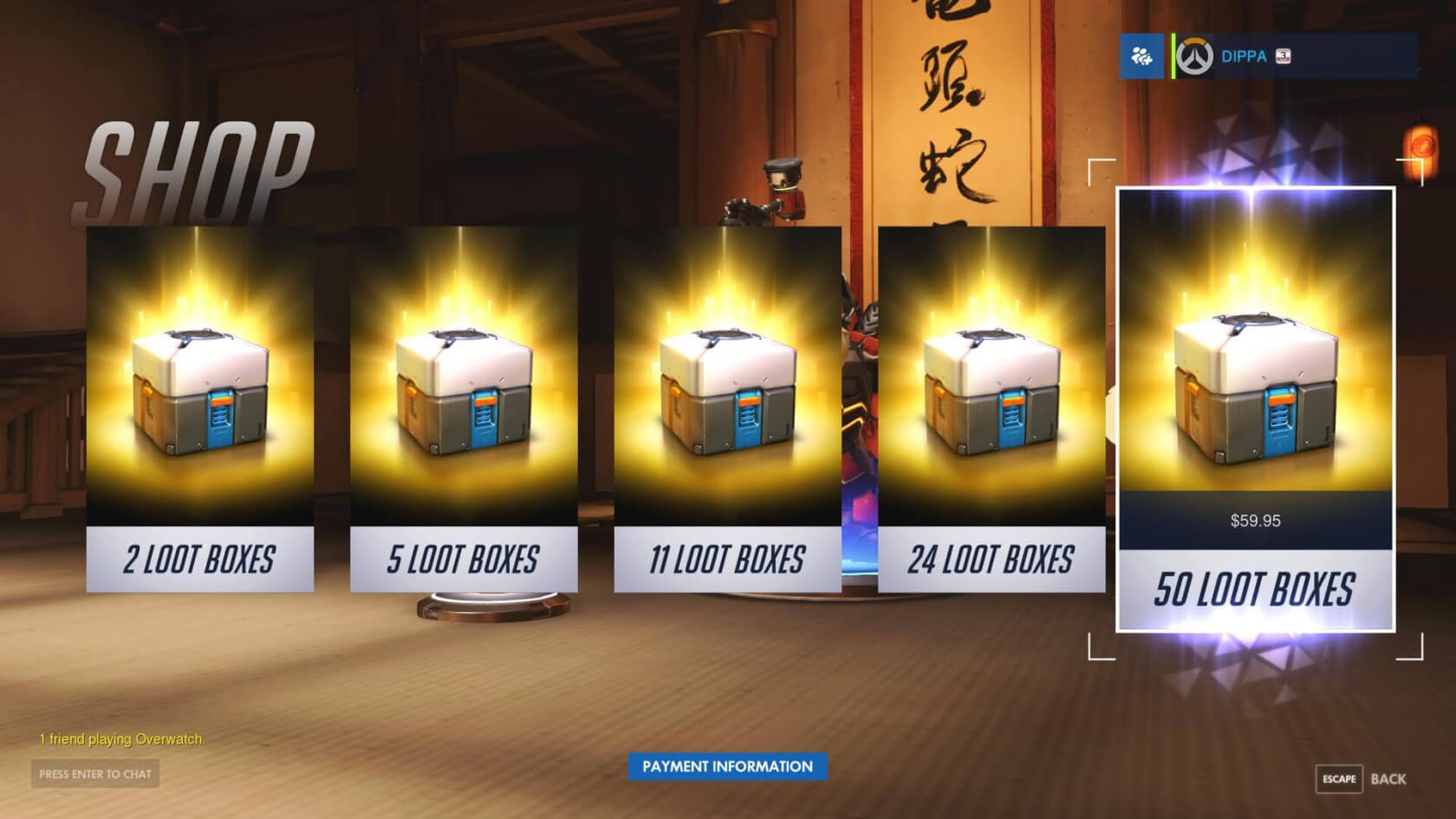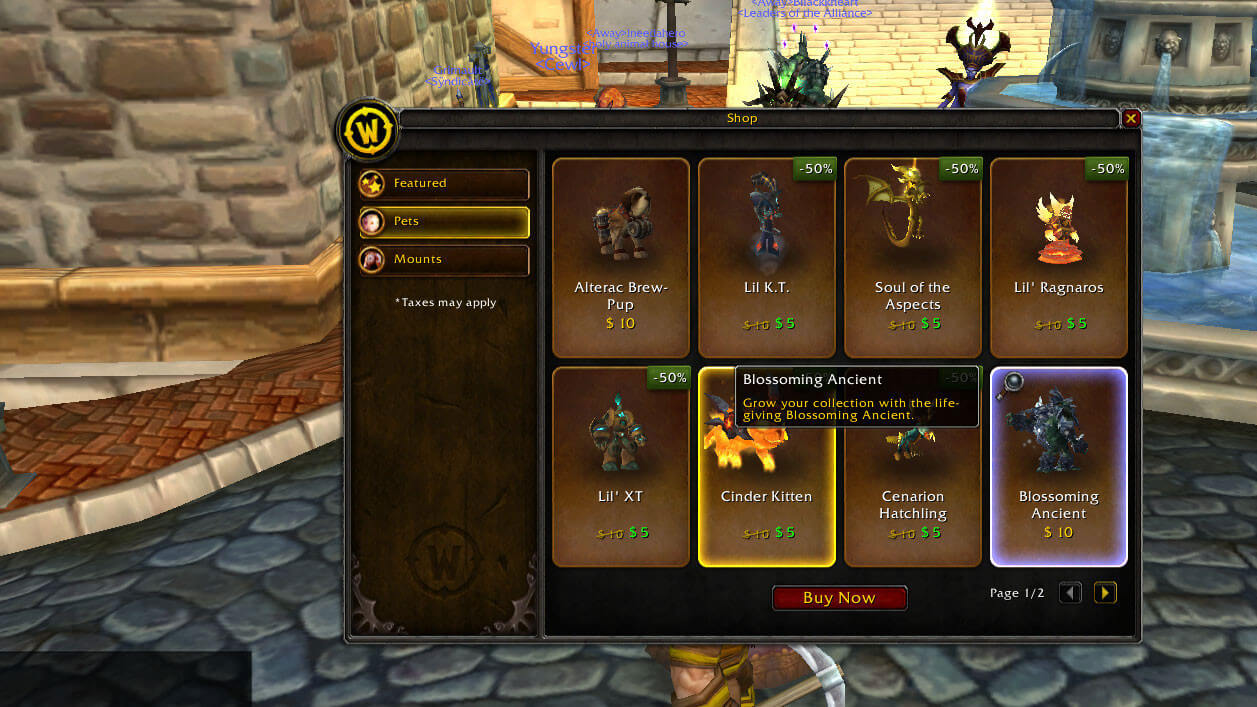
In response to increasing pressure from state legislators over the issue of loot boxes in video games, the Entertainment Software Rating Board (ESRB) has announced it will start adding an "In-Game Purchases" label to games.
"ESRB’s goal is to ensure that parents have the most up-to-date and comprehensive tools at their disposal to help them decide which games are appropriate for their children," said ESRB president Patricia Vance. "With the new In-Game Purchases interactive element coming to physical games, parents will know when a game contains offers for players to purchase additional content."
While the sentiment is noble, the application of the new rule is meaningless and unhelpful. According to the new guideline, the ESRB will label any game that allows purchases to occur from within the game menu, regardless of what is being purchased.
"The new In-Game Purchases label will be applied to games with in-game offers to purchase digital goods or premiums with real-world currency, including but not limited to bonus levels, skins, surprise items (such as item packs, loot boxes, mystery awards), music, virtual coins and other forms of in-game currency, subscriptions, season passes and upgrades (e.g., to disable ads)."
It would appear that under these terms, 90 percent or more of the games already out there would have this new label. How will this help parents identify titles that contain loot boxes?

"I'm sure you're all asking why we aren't doing something more specific to loot boxes," Vance said in a roundtable call with GamesIndustry.biz and other journalists this morning. "A large majority of parents don't know what a loot box is, and even those who claim they do don't really understand what a loot box is. So it's very important for us to not harp on loot boxes per se, but to make sure we're capturing loot boxes but also other in-game transactions."
According to Vance’s reasoning, parents are either unable or unwilling to understand the difference between games that offer randomized loot and those that sell expansion packs or cosmetic items within the game menu.
"Parents need simple information," said Vance. "We can't overwhelm them with a lot of detail. We need to be clear, concise, and make it easy for them."
However, throwing a blanket over the entirety of in-game purchasing is not being clear or concise, and it certainly is not going to make it easier for anybody who actually does want to know if a game contains a loot box system. All it does is create confusion for concerned parents as to what games have them. The new labeling is ultimately going to fail those it purports to help.

Meanwhile, the ESRB will be applauded by those who are truly ignorant of the issue. In its press release, the rating board was quick to include an uninformed statement from Founder and CEO of the Family Online Safety Institute, Stephen Balkam.
"We are delighted to support ESRB’s continuing dedication to safeguarding children from inappropriate experiences both online and offline by providing parents with essential information about video games," Balkam said. "ESRB’s decision to add the InGame Purchases label to game boxes further empowers parents with the tools they need to make informed decisions for their families."
It would seem that Balkam does not have a firm grasp of what legislators in multiple states are preparing to begin regulating. These leaders consider loot boxes to be a form of gambling and want to forbid the sale of games of this type to minors. Such laws would essentially label certain games AO (Adults Only) by proxy, something the games industry does not want.
Furthermore, throwing a generalized label on practically all titles will only further muddy the waters for lawmakers when trying to decide which games need to be regulated. So the ESRB's actions are not just bad for parents worried about loot boxes in their kids' games, the broad labeling is harmful for the industry as a whole.
https://www.techspot.com/news/73469-loot-box-controversy-prompts-esrb-create-game-purchases.html